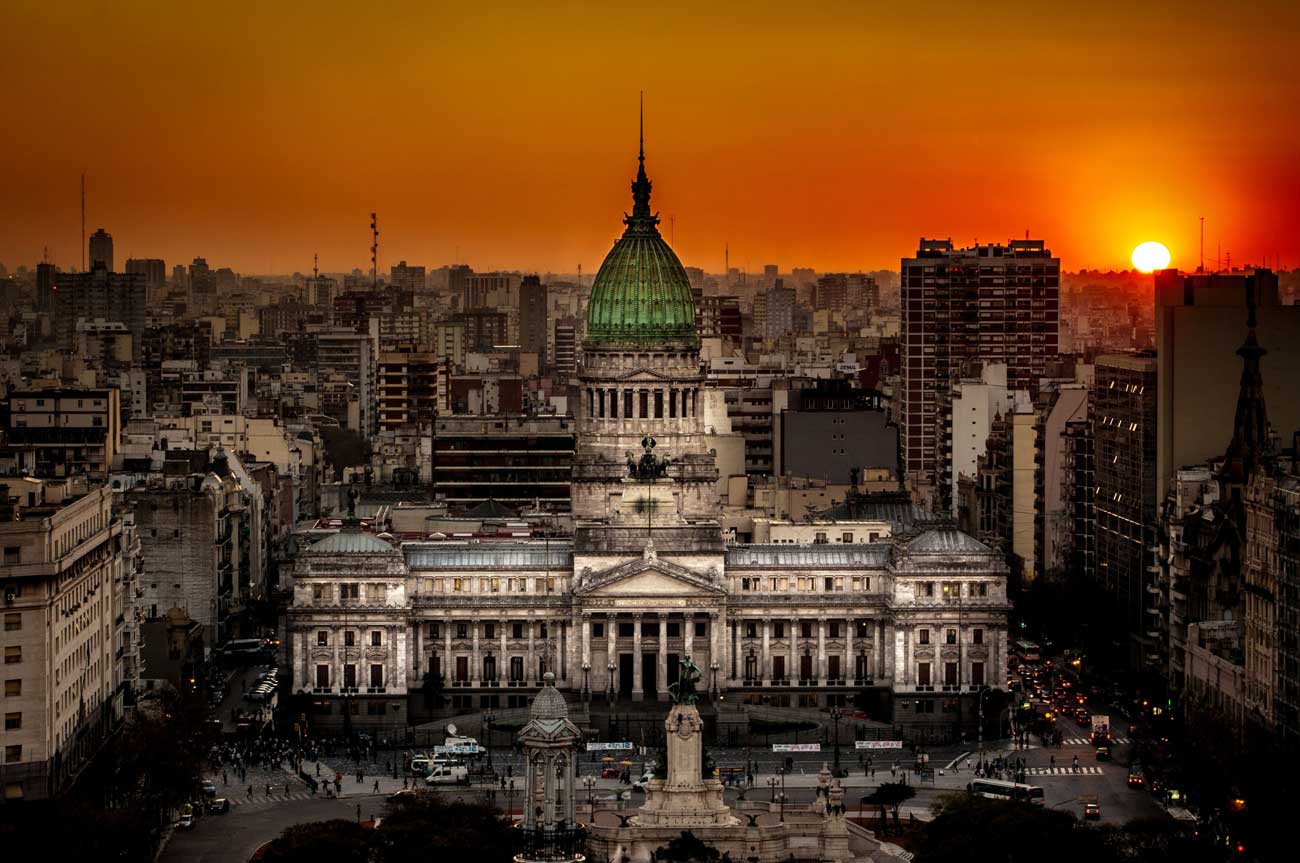
Por Jacob Atkins
November 25, 2019
Contxto – With economic uncertainly all around, now even the Argentine Senate is considering to regulate cryptocurrency as a judicious solution to fiscal mayhem.
Senator Silvia Elías de Pérez launched the November 20 “Digital Economy: Cryptocurrencies, Advantages, and Disadvantages in Argentina”. The meeting explored the technology’s potential in dealing with the country’s staggering inflation and currency depreciation.
“This is an issue that concerns us all,” said Elías, who is also the President of the National Economy and Investment Commission. From her perspective, “money as we know it is mutating. New forms are appearing.”
According to Elías, the premise of the session was to evaluate the pros and cons of adopting the proposed regulation. The debate is somewhat auspicious, since Bitcoin is celebrating its tenth year of operations in this South American nation.
“To know if regulation is needed, it is essential that we understand the subject thoroughly. Also, so that we avoid risks such as money laundering, exchange of illegal goods and services, financing of terrorist activities, and all the illegality that an uncontrolled currency can generate.”
It’s not all bells and whistles, though. The debate brought with it some good old-fashioned risk assessment. Guests gave lectures, and the event saw the spread of usual suspects: IT specialists, researchers, as well as startup officials from the Argentine crypto exchange, Ripio.
The Chief Legal Advisor at Ripio, Alejandro Rothamel, was there to lobby for his cause. It should come as no surprise that his firm belief is that Latin America is exactly where these digital assets could really take off.
“Since the birth of Bitcoin ten years ago, Latin America has become a key region for the development of digital assets and cryptocurrencies in general,” said Rothamel.
He referred to the suffering caused by the currency uncertainty in his country. “It is precisely in our region where people experience the need for more inclusive technology in the flesh. They are the human dimension of this technology.”
Also present were representatives of the Argentine Central Bank. Last month, the agency made headlines for prohibiting the purchase of Bitcoin with credit cards. At the same time, it limited the amount of U.S. dollars Argentines can buy abroad, all to stop the Argentine peso from further depreciating.
Based on reports, Central Bank representatives seemed less enthusiastic about cryptocurrencies on both individual and societal levels.
“With cryptocurrencies, we see not only global and systemic risks, but also individual risks. Volatility, the concentration of currency in computing power, the anonymity of purchasing power, etc.,” said Ivan Hundewadt, a Central Bank representative.
Johana Caterina Faliero, a cyber-law specialist, was also present. Ms. Faliero sat in the Goldilocks-zone of crypto-enthusiasm. Based on her experience, she said that cryptocurrencies are a double-edged sword capable of major disruption.
“Cryptocurrencies came to break the monopoly of the issuance of State currency,” said Faliero. “These new currencies require an innovative regulatory framework, to give [citizens] a modern legal response. It has multiple benefits, but also multiple challenges.”
While the outcome of this event is still unclear, the debate is in full swing. Whatever emerges may turn out to be just as polarizing as other events in recent Argentine history.
As noted by the speakers, a common complaint about this technology is the sheer amount of jargon. To make things worse, there is a lack of common terminology in Argentina and beyond, further complicating any discussion to be had on this most delicate of matters.
For example, attendants interchangeably used terms such as “crypto-assets,” “cryptocurrencies,” “digital currencies” and “virtual assets,” with no one any wiser as to what the precise difference between these words was.
All the while, people’s livelihoods hang in the balance and recent regional protests should set a worrying precedent. The Argentine government had better find the words to get out of this mess and fast.
-JA

Por Yanin Alfaro
February 17, 2026

Por Israel Pantaleón
February 17, 2026

Por Stiven Cartagena
February 13, 2026